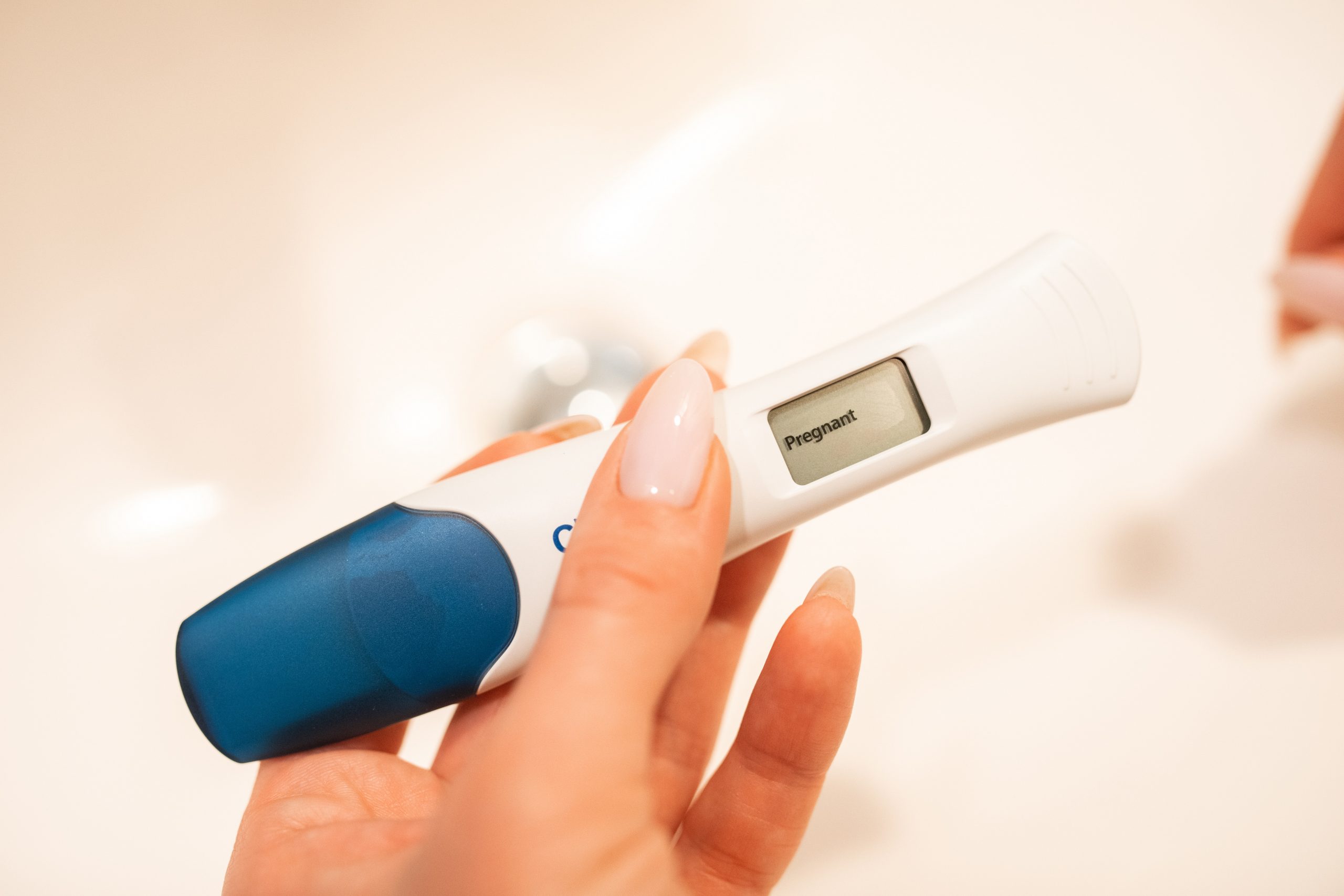
Mothers under the age of 30 do not have to pay personal income tax, as a result of which their monthly earning could increase by an average of HUF 52,000.Continue reading

More and more couples are seeking help to have children, and in Hungary, one in seven couples may be affected by the problem of not being able to naturally conceive for years, the Parliamentary State Secretary of the Ministry of the Interior pointed out at a press conference on Monday in Budapest, presenting the cooperation between the Apor Vilmos Catholic College and the Hungarian Catholic Charity to assist natural childbirth.
Bence Rétvári stressed that the government will provide every assistance to help Hungarian families have children. He said that no other government in Europe invests as much as Hungary in family support, adding that the country can only be strong from strong families. The politician remarked that if childbearing had stagnated at the 2011 level, there would be 136,000 fewer children born today.
He also said that
infertility problems are often caused by poor lifestyle, psychological difficulties, or stress, so couples should consider natural methods to help with conceiving, and that with the right support and without artificial interventions, can help in natural conception.
The secretary of state recalled the government’s measures for families, adding that supporting a diverse range of childbearing options is one of the government’s “specialties.” He also pointed out that in cases where the expected birth of a child cannot be achieved through biological means, the government is trying to offer couples the option of adoption as quickly as possible.
If natural childbearing is not an option for couples, artificial insemination, i.e. IVF (in vitro fertilization), is another option in addition to adoption.
In 2019, the Hungarian state announced that it would start to nationalize infertility centers, making screening tests, treatments, and related medicines free of charge.
The process was completed last summer, and now only state-run centers in Hungary provide implantation.
Opinions are divided on whether this measure has been positive or negative. On the one hand, nationalization is a great relief for couples financially, since at a private hospital, they had to pay up to 1-2 million forints (EUR 2,650-5,300) for the services . On the other hand, it is questionable as to how long people will have to wait for procedures, as the health system is already saturated with long wait lists, and the fact that only state-run programs are now available means that people who used to go to private clinics will be transferred to state hospitals, significantly increasing the number of patients.
However, many couples have decided not to take up the public sector opportunity due to the lack of specialists, the wait lists, and sometimes the lack of a personal approach.
Instead, it is becoming increasingly common for infertile couples to have IVF procedures abroad, typically in private clinics in Slovakia and the Czech Republic, and this is also facilitated by private clinics in Hungary which have links with foreign clinics.
Private clinics, either in the country or abroad, also offer a wider range of treatments than Hungarian hospitals, and couples can have a more personal relationship with the doctors there as well.
There are currently twelve infertility centers in Hungary, five of them in the countryside (Debrecen, Pécs, Kaposvár, Szeged, and Tapolca) and the rest in Budapest. The state has so far supported two types of fertility treatment: intrauterine insemination and IVF, i.e., the use of different methods of extrauterine insemination and embryo transfer. Six cases of insemination and five cases of the IVF procedure are covered by social security. After five or six unsuccessful procedures, the procedure still has to be paid for in public hospitals, but at a much lower rate than was previously charged in the private sector.
Featured photo via Pexels